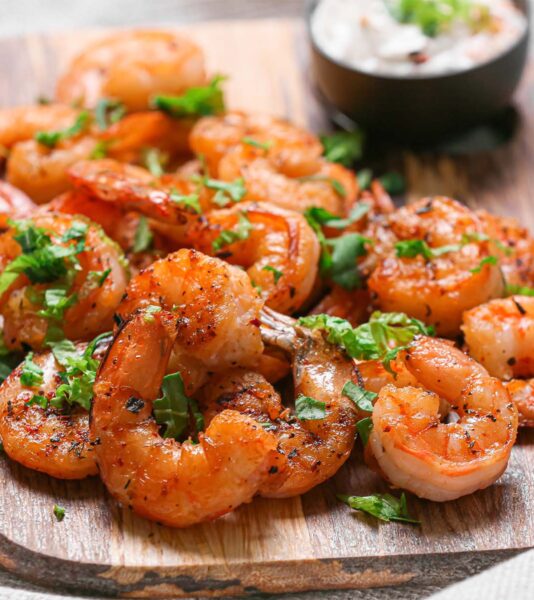Healthy Aging Month in September encourages us to explore the many lifestyle factors that can promote healthy aging. One is following the MIND diet, a hybrid of the Mediterranean and DASH eating plans that experts say may help prevent cognitive decline. Here’s a roundup of some of the latest research about the MIND diet.
Multi-ethnic findings
Dementia experts call out demographic differences in the incidence of dementia. For example, “Black Americans are twice as likely as older Whites to have Alzheimer’s or another dementia,” according to the Alzheimer’s Association—but we don’t know why. As for gender, two-thirds of adults living with dementia are women, they note.
Researchers are beginning to explore ethnic and gender variations in how people respond to the MIND diet. In a study published in Neurology, researchers examined how MIND eating affects the incidence of cognitive impairment among White and Black Americans, using data from food frequency questionnaires. They also looked at gender differences. They concluded that “greater MIND diet adherence was associated with a decreased incidence of cognitive impairment,” but the impact was much greater for Blacks than Whites—and greater for women compared with men.
New findings from a large, multi-ethnic research study at the University of Hawaii suggest a protective impact of MIND eating, with variations for specific ethnic groups. Researchers have been following 93,000 adults, aged 45-75 at baseline. Their key finding: “Those who improved their adherence to the MIND diet over 10 years had a 25% lower risk of dementia.”
The strongest risk reduction was for African American, Latino, and White participants. There was less impact for Native Hawaiian or Asian American groups. Why? The researchers suggested that “cultural dietary patterns and naturally lower dementia rates in some populations may explain the differences.”
Mood, quality of life
New research published in BMC Nutrition focused on adults in mid-life (age 40-55), noting that “interventions targeting cognitive health may yield significant benefits when implemented early.” They studied the impact of MIND eating on cognitive health—and also on mood and quality of life.
The MIND diet is not absolute. Instead, it’s recommendations for foods that may help or harm brain health. Researchers used a MIND diet scoring system to quantify participants’ consumption of:
- 10 brain-healthy food groups: green leafy vegetables, other vegetables, nuts, berries, beans, whole grains, fish, poultry, olive oil, and wine
- 5 unhealthy food groups for the brain: red meats, butter and margarine, cheese, pastries and sweets, and fried/fast food
During a 12-week period, the researchers did not find a statistically significant impact on cognitive function. “The MIND diet’s potential benefits may not manifest within the short-term intervention timeframe used here but rather over longer periods through its ability to delay the onset of cognitive decline,” they commented. However, they noted a positive impact on mood.
Nutritionally, they found higher nutrient intakes of fiber, omega-3s, vitamin B6, and vitamin C among those with the highest adherence to the MIND diet. In addition, they found that following the MIND diet increased physical health, as measured on a quality of life scale from the World Health Organization. The scale looks at factors such as pain, sleep, energy, and sensory functions.
Practical tips
As research continues, there is good evidence that over time, the MIND diet can benefit cognitive health for many adults. Just like the Mediterranean diet, MIND eating is a set of flexible guidelines. “Even if you don’t strictly follow the MIND diet, you may reap some of the benefits,” says Alexis Supan, RD, LD of the Cleveland Clinic: “The MIND diet offers brain benefits even when you don’t follow it to the letter.”
Key is to choose a plant-based diet with seafood, eat berries and leafy greens liberally, choose healthy fats like olive oil and nuts, and limit saturated fats and sugar. Learn more about the MIND diet in the Tunaversity course, Seafood and Brain Health.








